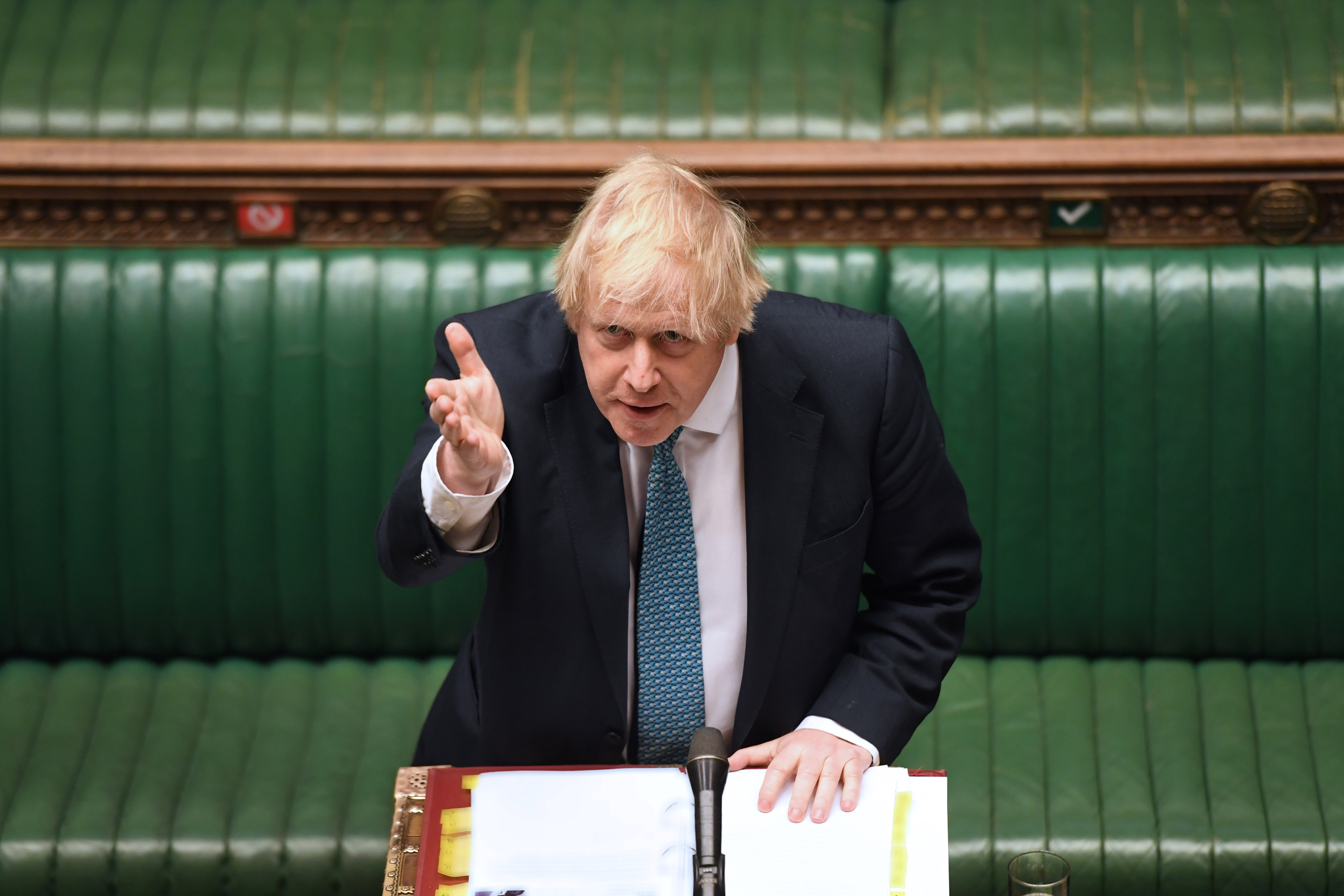Through open-mindedness, innovative thinking, political and diplomatic engagement, and cultural exchange the GBC will help unleash the potential of the world’s leading free democracies
The UK has a few organisations that promote different aspects of UK-India bilateral relations but none that represent issues as comprehensively as the newly inaugurated Global Britain Centre (GBC).
Global Britons are the antonym to the “Little Englander” psyche of Remainers post the referendum of 2016.
The GBC exists to further Boris Johnson’s Government Global Britain agenda by connecting and leveraging vital networks across politics, business, academia, and the media, beginning with helping to augment the Prime Minister’s ‘Roadmap 2030’, signed with Prime Minister, Narendra Modi in 2020.
The GBC is the brainchild of Amandeep Singh Bhogal, a next-generation British Indian originally from Jalandhar in Punjab. As an 8year old, unaccompanied minor Amandeep arrived in Kent to live with his grandparents and was thrown into the deep end of an English-speaking primary school speaking only two words of English, he quickly became eloquent and integrated. Amandeep is a grammar school boy who joined the Foreign Office and then went on to stand for the London Assembly, then Parliament in 2015, an avid Conservative and Brexit activist, and MEP Parliamentary candidate for Northern Ireland in 2019.
The opportunities that the UK presented to him have made Amandeep a champion of free democracies, free trade, and free enterprise, he is a born and bred conservative and this has fuelled his affection for the great democracy of enterprise that is India. Aman met Lewis Feilder on a Conservative Friends of the Armed Forces expedition to Estonia in 2017, which Feilder had organised. Their politics were aligned and in the summer of 2021 Aman approached Feilder to partner in forming the GBC. Fielder is a Management Consultant who talks with members of the Armed Forces daily, he is also a Parliamentary Candidate waiting for a seat.
The GBC has committed resources to a dedicated India and G7/D11 desk to provide accurate advice, information, and commentary to develop media links and direct communication between politicos in Westminster and D11 capitals, and to stand up to hostile disinformation designed to undermine international relations between free democracies.
The inaugural reception was held at the Carlton Club, St James’. Nearly 150 guests including Ambassadors and key international diplomatic members, military generals and attachés, business VIPs, at least 30 members of parliament, and some media. The Carlton was appropriately founded by Tory Peers, MPs, and others, to improve the organisation and effectiveness of the Tory Party, GBC will act similarly as force for the good multiplier.
In his virtual keynote speech, India’s Prof Brahma Chellaney urged the United Kingdom to play a more assertive role in the Indo-Pacific to counter China. Speaking of the Muslim gulags in Xinjiang Chellaney said “authoritarian capitalism is the greatest challenge to liberal democracy since the rise of Nazi ideology in the 1930’s.” On free trade and freedom of navigation, he said “Britain needs to look beyond Europe and play a bigger role in the Indo-Pacific region…International security and the new global order will be shaped by developments in the Indo-Pacific… The current western focus on Russia’s military threat against Ukraine has obscured a larger scale Chinese military build-up of 200,000 soldiers on India’s frontier… This crisis in the Himalayas is a reminder of the international threat posed by China’s expansionism, the next target could be Taiwan. Britain needs to step out onto the international stage, a more engaged Britain would be widely welcomed in the Indo Pacific.”
General Sir Richard Barrons KCB CBE, Co-Chairman of Universal Defence and Security Solutions said “This event was an opportunity to bring to the fore the common interest that India and UK share in maintaining their defence and security in a much more difficult age. Both countries know the path to success lies in the application of Digital Age technology and method, a transformation of their armed forces, for example, that will be no less profound than was produced by the First World War. India’s industrial base in both hardware and software has the potential to be a global leader in conceiving, designing and building the new capability, for its own security and as a major source of exports.”
James Gray, MP said “At a time like this Britain’s Global vision and engagement is more important than ever, and the launch of a serious and well-connected think tank such as this forms an important point of that engagement”
One of the GBC’s starter projects is a constituency level audit of DUP MP Carla Lockhart’s constituency in Northern Ireland. A joint GBC-Confederation of Indian Industry team in partnership with Lockhart will measure the economic output and investment flows and match these with Indian opportunities to further economic, cultural, and investment ties to feed into joint FTA expectations. This is an exciting template with the potential to be rolled out into more urban and industrialised cities.
Thus through open-mindedness, innovative thinking, political and diplomatic engagement, and cultural exchange the GBC will help unleash the potential of the world’s leading free democracies.
Writer is a Senior Research Fellow at The Global Britain Centre.

